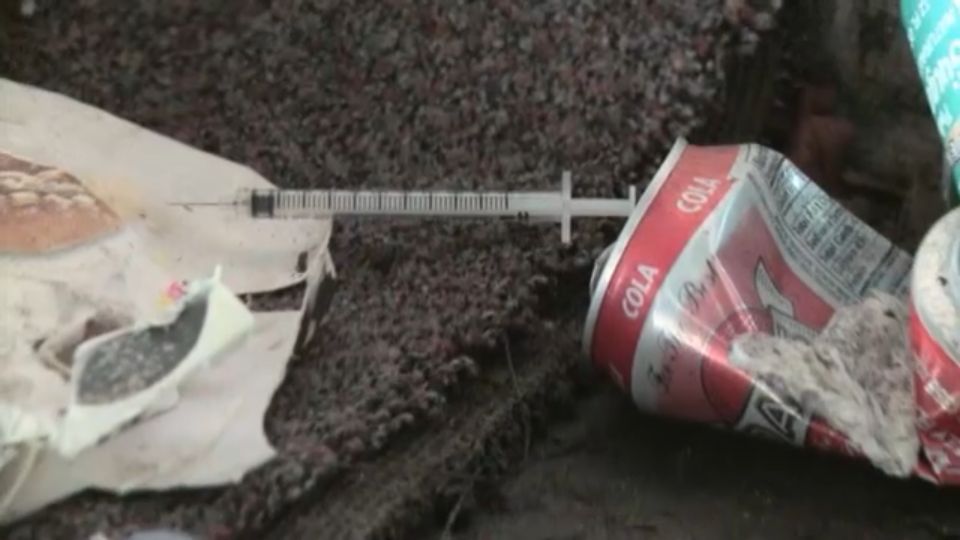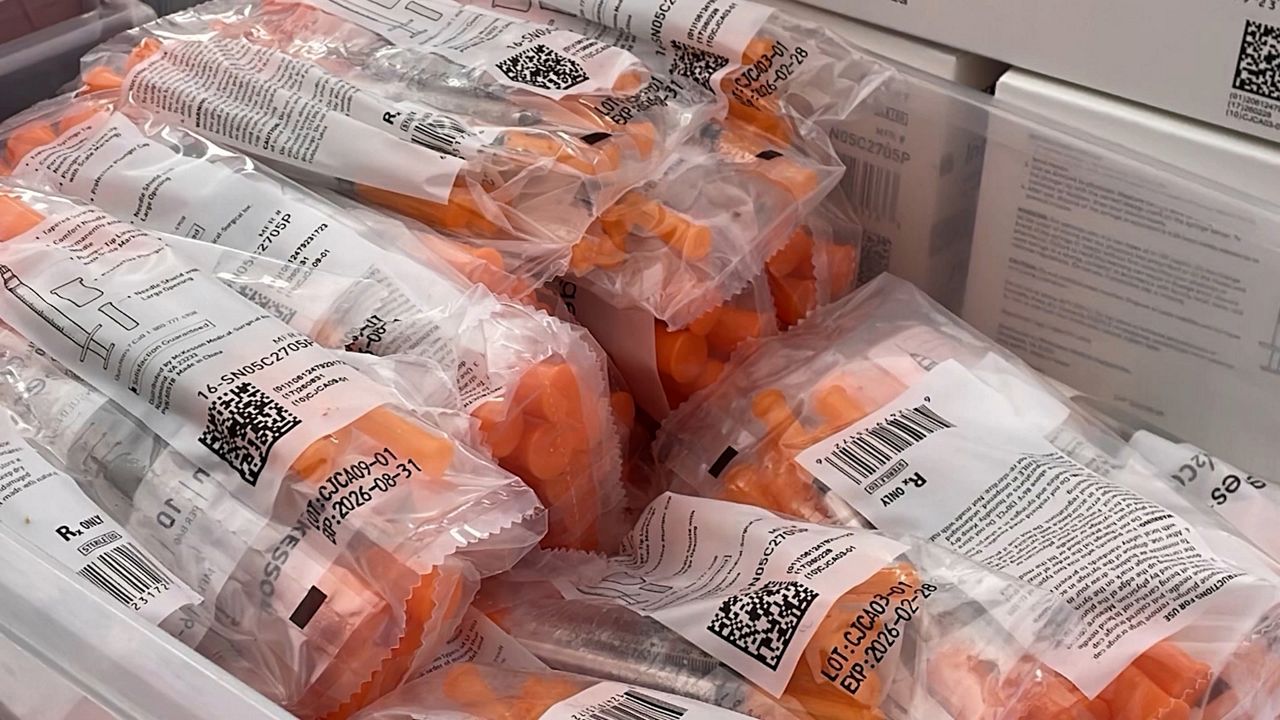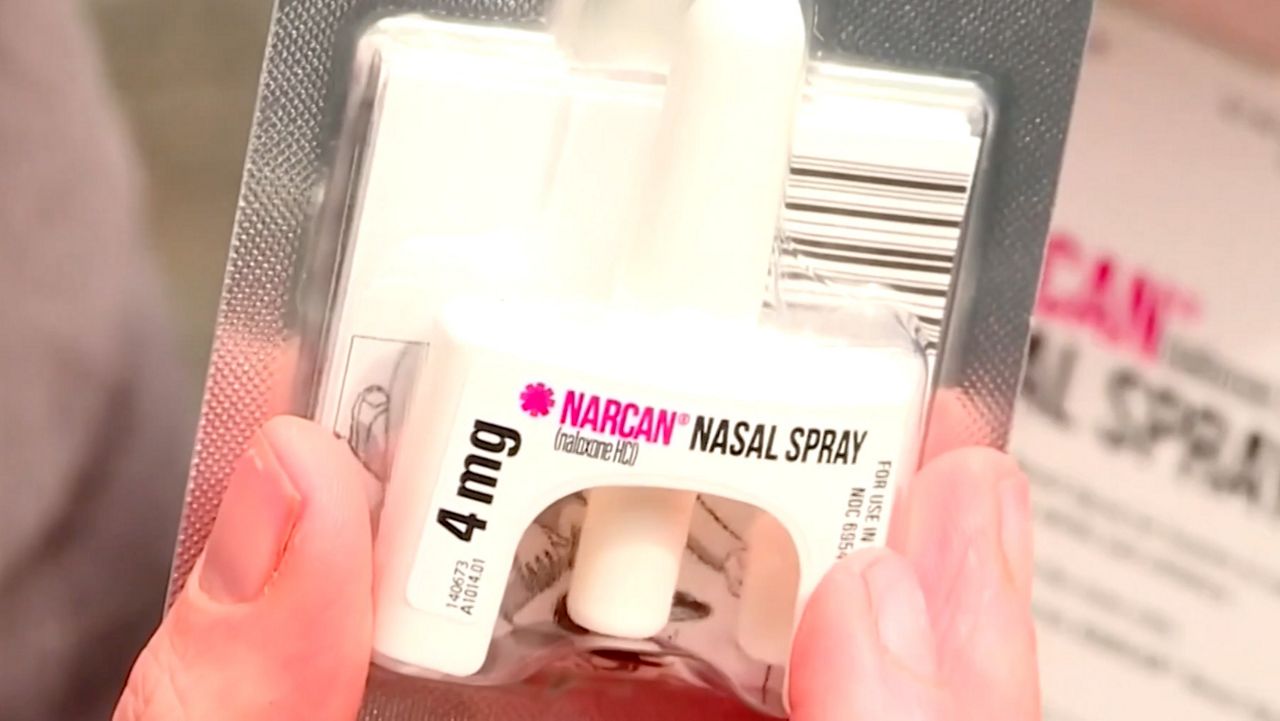State lawmakers are considering a bill that would limit the number of extra needles given out through exchange programs for intravenous drug users. Supporters think the bill will reduce the number of discarded used needles.
Democrat Rep. Anne-Marie Mastraccio and Republican Rep. Ann Fredericks are among its sponsors, along with support from Sen. Matt Harrington (R-York).
Fredericks noted that prior to the coronavirus pandemic, one-to-one exchanges were the norm. Allowing more needles to be given out, she said, started as a safety measure, to allow people to come into the exchange in person less often.
“We were social distancing at that time,” she said.
Today, however, the practice remains, and Fredericks said it’s time to go back to the one-to-one concept.
“It was a good practice, a good policy five years ago,” she said. “That was the customary practice at that time, and we are just restoring it to that.”
The bill is based on a local policy Sanford officials first proposed last fall. Their argument at the time was that there were too many used needles being found discarded in parks and on the streets.
The city passed a local ordinance as a temporary measure in October 2024, and this month made it permanent on March 3.
City officials did not provide exact numbers of discarded syringes being found in the city, but the ordinance language noted “The city observed an immediate and correlated increase in the number of inappropriately discarded syringes” citywide.
The ordinance also cited data from a 2023 legislative report indicating that in that year alone the Maine Center for Disease Control and Prevention issued more than 3.6 million syringes statewide and collected less than 3.2 million.
In Sanford, the data found, Maine CDC issued 460,720 syringes and only collected 440,998, a difference of 19,722. The ordinance suggested that more needles being distributed than collected was to blame for discarded dirty needles causing a health hazard.
The bill’s fate is uncertain. It is still in the legislative Health and Human Services Committee and won’t go any further without the committee’s recommendation.
Opponents have already testified against the bill. Dr. James Berry, a semi-retired physician and past president of the Northern New England Society of Addiction Medicine, said needle exchange programs reduce the spread of diseases such as hepatitis and HIV.
“Syringe service programs need to be able to distribute supplies according to the need in their locale, without burdensome rules imposed by the state,” he said.
Adam Bloom-Paicopolos, executive director of the Alliance for Addiction and Mental Health Services, Maine, also expressed concern that the bill would contribute to the spread of disease.
“Research consistently shows that limiting access to these critical health services does not reduce drug use — instead, it forces people who inject drugs to reuse syringes, including those found on the ground or in sharps containers,” he said. “This increases the risk of infections, including abscesses, endocarditis, and the spread of preventable diseases.”
Fredericks said given the opposition she is not sure the bill will pass. Nevertheless, she said she is confident that just introducing the bill will get the conversation on the concept started.
“If it doesn’t get its support this time, I’m certain that in the near future there’ll be a state enactment,” she said.











